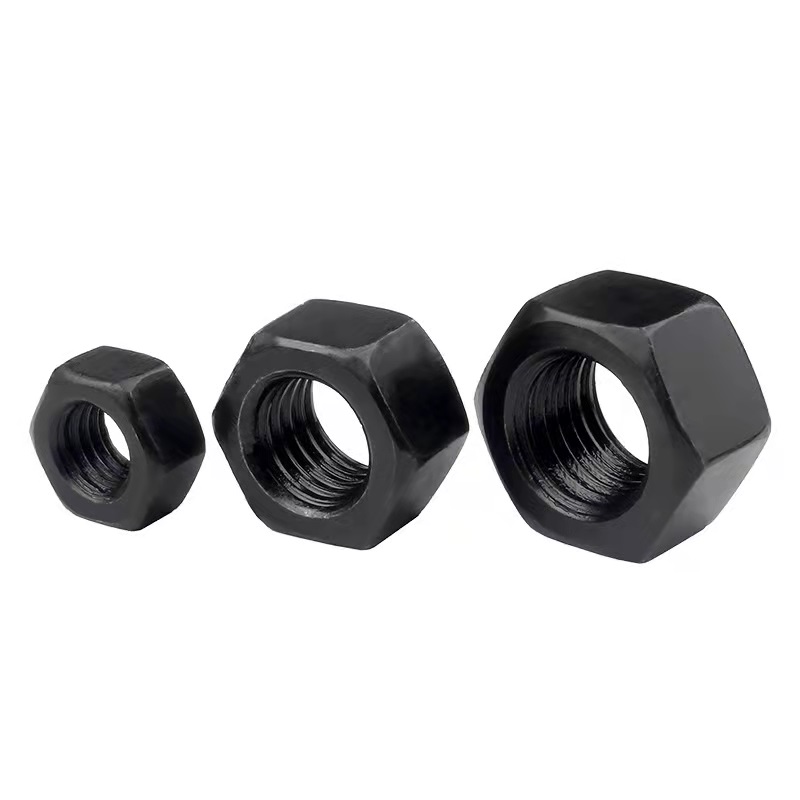Choosing the Right Screws for Your Ski Bindings Installation and Maintenance
nov. . 30, 2024 19:32 Back to list
Choosing the Right Screws for Your Ski Bindings Installation and Maintenance
Understanding Ski Binding Screws Essential Components for Safe Skiing
When it comes to skiing, safety is paramount. One of the most critical components in ensuring a safe skiing experience is the ski binding and its associated screws. These seemingly small elements play a huge role in how effectively a skier can navigate the slopes. In this article, we’ll delve into the importance of ski binding screws, their types, the materials used, installation tips, and maintenance advice.
What Are Ski Binding Screws?
Ski binding screws are specialized fasteners that secure ski bindings to the ski itself. Bindings are the devices that hold the skier’s boots and allow for control over the skis during movement. The stability and performance of bindings can significantly impact a skier's experience and safety, making the screws that hold them in place crucial for their functionality.
Types of Ski Binding Screws
There are various types of screws used in ski bindings, which can be categorized based on their design and function
1. Standard Binding Screws These screws are commonly used for general binding attachments. Typically made from stainless steel or titanium, they provide a good balance between strength and weight.
2. Torx Screws Known for their star-shaped pattern, Torx screws provide better torque transfer and reduce the risk of stripping. This makes them a favorite among many ski technicians for securing every type of ski binding.
3. Self-Tapping Screws These screws are designed to be driven directly into the ski material without the need for pre-drilling. They are useful in certain ski types and provide a snug fit.
4. Adjustable Screw Designs Some binding systems offer adjustable screws that can be repositioned to allow for different boot sizes or binding styles. This flexibility can be particularly useful for multi-user setups.
Materials Used
The materials used to make ski binding screws are important for their durability and performance. Most screws are manufactured from either stainless steel or titanium.
- Stainless Steel This is the most commonly used material due to its corrosion resistance and strength. Stainless steel screws are ideal for avid skiers who frequent snowy environments.
ski binding screws

- Titanium Although more expensive, titanium screws are lighter yet incredibly strong. They are often preferred by professional and competitive skiers who prioritize performance.
Installation Tips
Installing ski bindings and the associated screws properly is vital for safety and effectiveness. Here are a few tips
1. Correct Drilling Depth If you are drilling new holes for the screws, ensure that the depth is appropriate for the screw length to avoid damaging the ski.
2. Use the Right Torque When tightening screws, use a torque wrench to apply the appropriate level of tension. Over-tightening can strip the screw holes, while under-tightening may result in loose bindings.
3. Follow Manufacturer Instructions Always refer to the specific binding manufacturer’s guidelines regarding screw type and installation to ensure compatibility and safety.
Maintenance
Regular maintenance checks can prolong the life of both the screws and bindings. Here’s what to look for
- Visual Inspections Routinely check for rust, corrosion, or any other signs of wear. This should be done before each ski season.
- Tightness Tests Periodically, check the tightness of the screws. Bindings should be snug, but remember to apply even pressure.
- Replacement If screws show significant wear or damage, they should be replaced immediately to ensure safety.
Conclusion
Ski binding screws may seem insignificant in the broader scope of skiing equipment, but they are fundamental to a safe and enjoyable skiing experience. Understanding their types, materials, and the importance of professional installation and maintenance can significantly enhance your safety on the slopes. Whether you are a casual skier or a seasoned pro, paying attention to these details will help you navigate the mountains with confidence and ease. Your life and well-being may just depend on the reliability of these small, yet mighty fastening elements. Always prioritize safety over performance, and enjoy the thrill of skiing!
Latest news
-
Reliable Axle Nuts Supplier | High-Quality Automotive Parts
NewsAug.19,2025
-
Premium Wire Bolts Suppliers | Durable & Reliable Fasteners
NewsAug.18,2025
-
Leading Metric Wood Screw Companies & Manufacturers
NewsAug.17,2025
-
Top Wire Bolts Suppliers - Quality & Durable Fasteners
NewsAug.15,2025
-
Trusted Wire Bolts Company | Quality Fasteners Supplier
NewsAug.14,2025
-
Reliable Wire Bolts Suppliers & Manufacturers for Global Needs
NewsAug.13,2025
